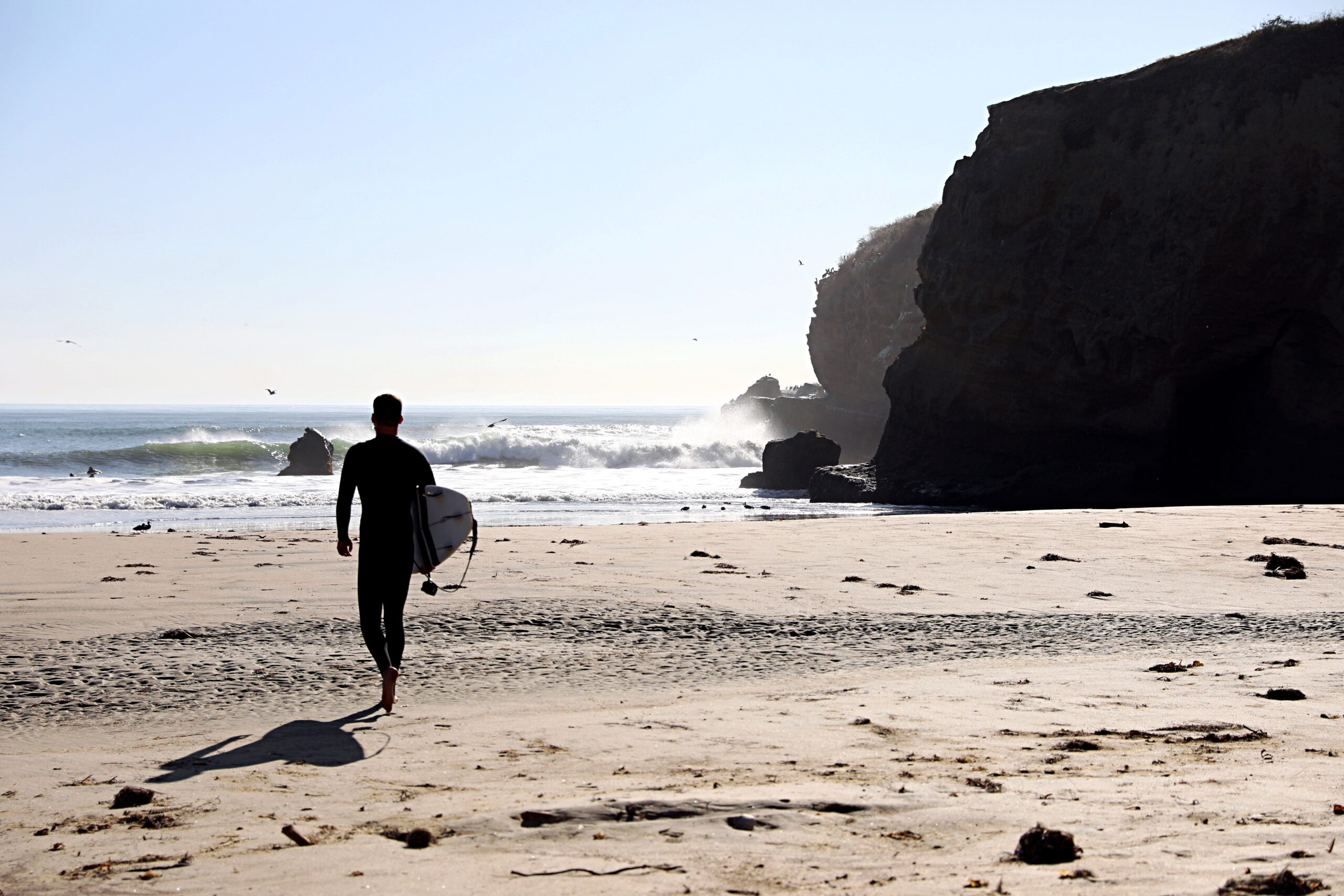There is a lot going on these days, including a new website that I don’t know how to manage yet. Since I have been focusing, strictly on getting my audiobook out my writings come to a complete standstill. However, when my wife and I went to church on Sunday at Twin Lakes Church in Aptos. Rene slept first sermon on. Hope really caught my attention.
His message on Hope has been a series. The church has been focused on which is surrounding the ground breaking of the New Hope Center, Twin Lakes Church is planning to build on their campus to help support the needs of the community around them. In his message on Sunday he had Katie Kelly talk about the hope she has in Jesus following the death of her husband Ben Kelly from a fatal shark attack in Santa Cruz County . That caught my attention!
I have been in touch with Katie as I finalize the book! and got her agreement to include a chapter about Ben and the tragic accident that happened at Sandollar Beach where my son and I often go surfing. I’ve just snapped 4 1/2 minutes of that talk to give you an idea of where she’s at, as well as to give you hope in the midst of your trials
Thank you again to my community for your support of SURFING IN HEAVEN. There are stories building as the book! slowly reaches out around the world and as soon as I get a grip on this new website, I’ll be telling that story through this blog pass the word and sign up.

Well done good and faithful servant!
Oh, and I can’t sign off without mentioning book reviews, which seemed to be taken to plain teeth at the dentist office. I’ll just finish by asking anybody who’s read the book or even part of the book to take five minutes and go up to Amazon or good reads and paste a book review up there, it will really help
